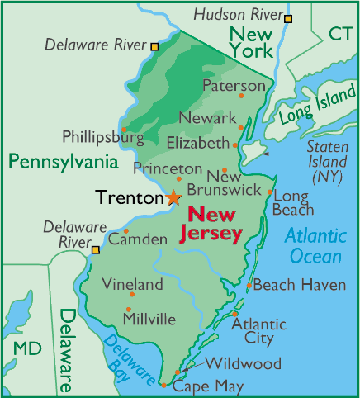Another day, another proposed tax. New Jersey state legislators are considering a new tax on event tickets of as much as 5 percent per ticket to help offset costs associated with increased traffic and public safety concerns in cities where arenas and stadiums are located.
State Senate bill S2971 was introduced before the Senate Budget and Appropriations Committee late last month and recently received committee approval. The next step for the bill is a vote by the full Senate and, if passed, it would go before the entire state Assembly for a final vote. There is no time frame for when either the Senate or Assembly votes might take place, but if approved, the bill is expected to go into effect immediately.
New Jersey’s current reselling law requires ticket brokers to register with the state and caps the amount they can charge to resell tickets to events within the state at 50 percent above face value. There are no limits on tickets resold for events outside of the state.
This year, several states, including New York and Connecticut, abolished anti-scalping laws creating unfettered ticket reselling, but New Jersey is one of the few to consider new taxes on tickets.
The proposed new ticket tax law, which would affect the new Prudential Center in Newark among others, is for facilities that hold 4,000 or more people and reads in part:
“A municipality in which a sports or entertainment facility is situate may, by ordinance, impose a surcharge on each ticket sold for an event at such a facility in the amount of the greater of $2 or 5% of the face value of the ticket, if purchased directly from the facility, or the greater of $2 or 5% of the total charge for a ticket, including any charge imposed by a ticket broker or other middleman, if purchased from a source other than the facility. Any ordinance adopted under this section shall require that the funds raised through the imposition of the surcharge shall be used by the municipality only for expenditures related to public safety.”
The proposed law was designed to help municipalities “recoup some of the cost of the local impact” of arenas and stadiums by passing some of the cost of protection and traffic concerns onto attendees “without burdening local taxpayers.”



